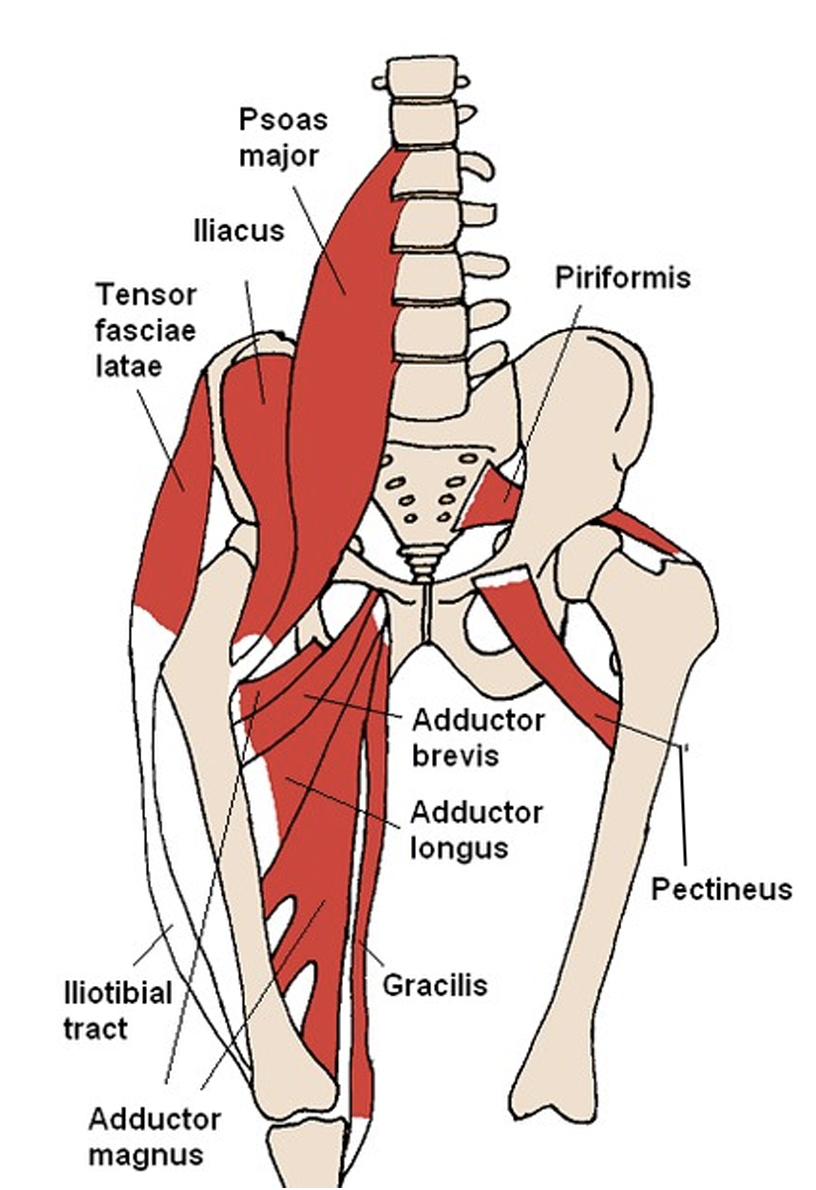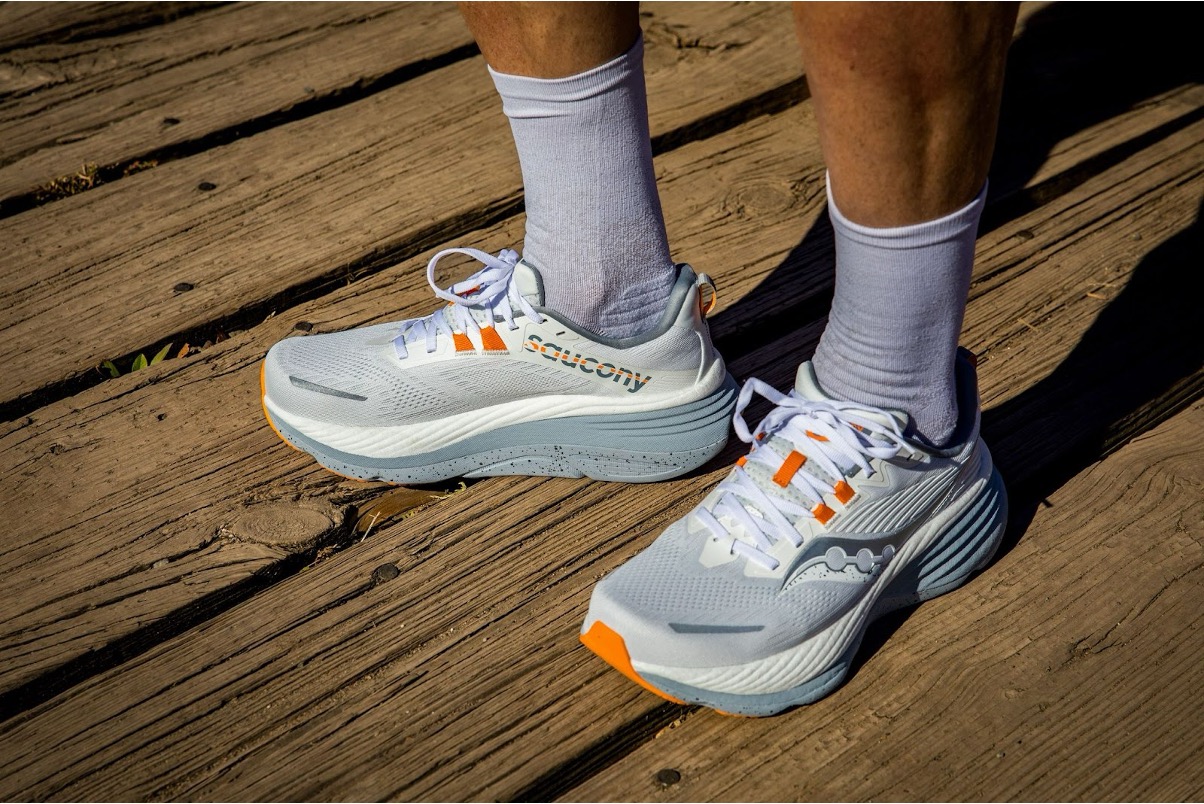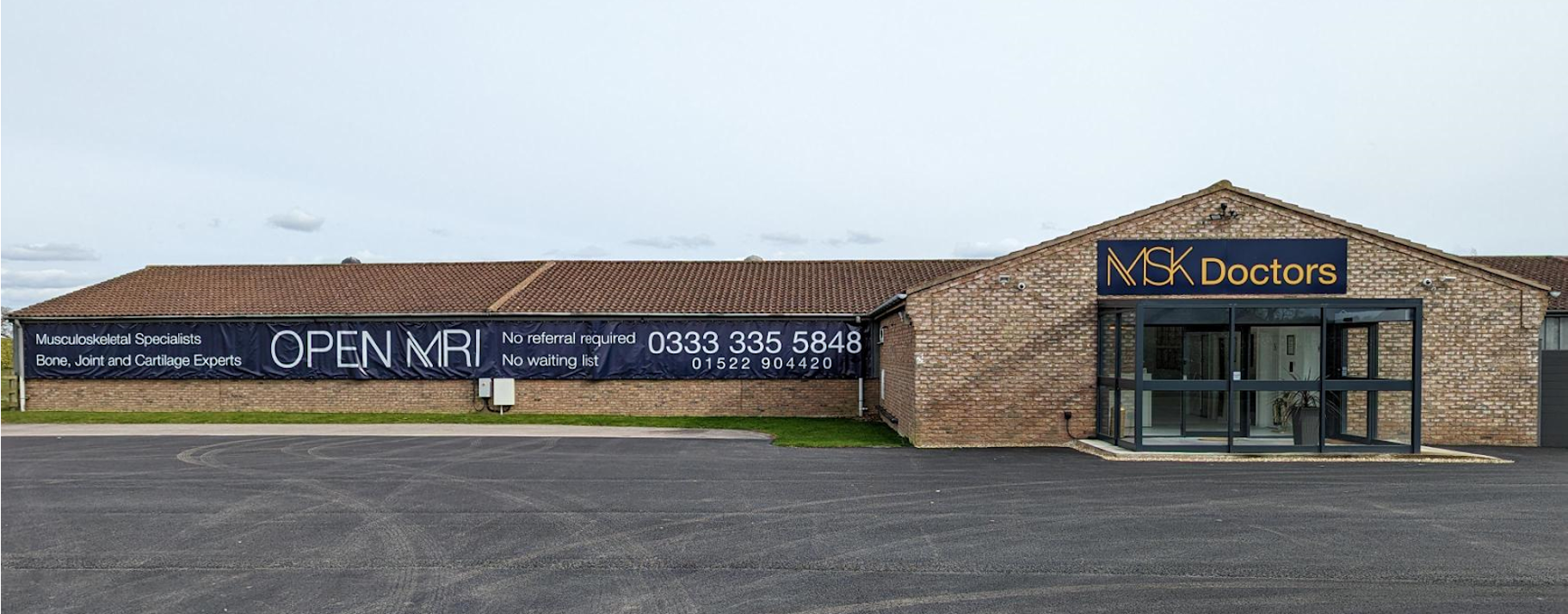Hip Flexor Pain: Symptoms, Causes, Treatment & Exercises
:format(webp)/cdn.mskdoctors.com/storage/2025/3/29Nq2PQysste8oYbnR0d6zuDcvzOPP9e.jpg)
Key Takeaways
-
Hip flexor pain is a multifaceted condition influenced by various factors, including physical activity, posture, and individual biomechanics.
-
A comprehensive approach combining rest, targeted exercises, and professional guidance can significantly accelerate recovery.
-
Lifestyle modifications, including proper posture and targeted strengthening routines, play a pivotal role in managing and preventing hip flexor pain.
-
At MSK Doctors, we offer unparalleled expertise in diagnosing and treating complex hip flexor conditions through personalised care.
Hip Flexor Pain Basics
Understanding the basics of hip flexor pain will aid in getting proper treatment and prevention. Most importantly, recognising the early signs can help you address the issue before it becomes severe.

Hip flexor pain is discomfort in the hip or groin, usually caused by strain, overuse, or injury to the hip flexor muscles. These include the iliacus, psoas major, rectus femoris, sartorius, and pectineus—muscles that help lift the knee and move the leg or torso forward.
|
Common Symptoms
-
The primary characteristic is a localised pain at the front of the hip or groin area, which can range from a sharp, acute sensation to a persistent, dull ache. This discomfort often becomes most noticeable during specific movements, such as lifting the knee, climbing stairs, or engaging in activities like running and jumping.
-
Individuals may experience muscle tightness, reduced range of motion, and a general weakness in the hip and surrounding muscle groups. Some people report a feeling of stiffness, particularly after prolonged periods of sitting or first thing in the morning.
-
Physical activities, especially those involving repetitive hip movements, can trigger or intensify the discomfort. Athletes and individuals with active lifestyles might notice the pain worsening during or after exercise, with symptoms potentially radiating to the thigh or lower back.
-
Severe pain that persists despite rest, significant swelling, inability to move the hip normally, or pain that dramatically interferes with daily activities are all indicators that professional medical evaluation is necessary.
The complexity of this condition is that individual experiences can vary widely, and what might be a minor discomfort for one person could be a significant challenge for another.
Nevertheless, the symptoms can potentially limit one's ability to perform everyday tasks and athletic activities.
Main Causes
Several factors can contribute to hip flexor pain, with overuse being one of the most common causes.

Activities that involve repetitive motions, such as running, cycling, or playing sports like soccer or basketball, can put excessive strain on the hip flexors.
Another common cause is sudden movements or changes in direction, which can lead to muscle strains or tears. Poor posture, particularly when sitting for extended periods, can also contribute to hip flexor pain by causing muscle imbalances and tightness.
Impact on Daily Activities
Activities like walking, bending, or even sitting for prolonged periods can become uncomfortable. This pain can limit your ability to engage in physical activities or sports, affecting your overall quality of life.
Therefore, addressing hip flexor pain promptly is vital to maintain your mobility and prevent further complications. With the right treatment and preventive measures, you can alleviate pain and continue to enjoy your daily activities without discomfort.
Treatment Strategies
Medications and Pain Management
Medications like ibuprofen and acetaminophen help reduce inflammation and alleviate pain, making daily activities more manageable. Muscle relaxants can be particularly effective if muscle spasms accompany the pain. Topical treatments such as creams or gels containing menthol or capsaicin can provide localised relief when applied directly to the affected area.
Home Remedies
Rest allows the muscles to heal and applying ice to the affected area can reduce swelling and numb the pain. Ice the area for 15-20 minutes several times a day for optimal results.
Maintaining a Balanced Diet
A balanced diet is crucial for muscle health and recovery. Consuming a balanced diet, rich in proteins, healthy fats, and complex carbohydrates, supports muscle repair and growth.

Foods rich in omega-3 fatty acids, like salmon and walnuts, have anti-inflammatory properties that can help reduce pain.
Using Supportive Products
Consider using ergonomic chairs and cushions to maintain proper posture while sitting. These products help reduce stress on your hip flexors, especially if you spend long hours at a desk. In addition, investing in supportive footwear can alleviate strain on your hips.

Shoes that offer good arch support and cushioning can make a significant difference, particularly if you're on your feet for extended periods.
Importance of Proper Posture
Proper posture plays a vital role in preventing hip flexor pain. Sitting or standing with incorrect posture can lead to muscle imbalances and strain. When sitting, ensure your feet are flat on the floor, and your back is supported. Avoid slouching or crossing your legs for extended periods.
Standing with good posture involves aligning your ears, shoulders, and hips. This alignment reduces unnecessary stress on your muscles and joints. Practicing mindfulness in your daily activities can help you maintain proper posture effortlessly.
Effective Exercises
Stretching Techniques
Stretching maintains flexibility and prevents stiffness; it also helps improve blood flow to the muscles, which is vital for recovery. Consistently incorporating these stretches into your daily routine can lead to significant improvements.
|
Stretches |
Description |
|
Lunging Hip Flexor Stretch |
Step forward with one foot and lower your hips until your front knee is directly above your ankle. Hold the stretch for 20-30 seconds and switch sides. |
|
Seated Butterfly Stretch |
Sit with your feet together and gently press your knees towards the ground. Hold for 30 seconds to stretch the inner thighs and hip flexors. |
Consider adding yoga or Pilates to your exercise regimen since they can stretch the muscles whilst improving overall body awareness and posture.
Strengthening Workouts
Strengthening exercises are vital in managing hip flexor pain as they help build muscle support around the hip joint, reducing the risk of future injuries. Some effective strengthening exercises include:
|
Strengthening Workouts |
Description |
|
Leg Raises |
Lie on your back and lift one leg towards the ceiling, keeping it straight. Lower it slowly and repeat with the other leg. |
|
Bridge Pose |
Lie on your back with knees bent, feet flat on the floor. Lift your hips towards the ceiling, hold, and lower back down. |
|
Clamshells |
Lie on your side with knees bent, open and close your top knee while keeping your feet together. |
These exercises target the hip flexors and surrounding muscles, providing stability and strength. Performing them regularly can lead to improved hip function and reduced pain.
MSK Doctors: Your Path to Hip Flexor Recovery
At MSK Doctors, we understand that hip flexor pain can be a challenge creating complexities that impact your quality of life. Our unique methods go beyond traditional treatment, offering well-rounded solutions that address your specific musculoskeletal health.
We use state-of-the-art MAI-Motion diagnostic tools and our team of specialist consultants to provide a personalised treatment strategy that alleviates your current discomfort and prevents future recurrences.
Our innovative methodology combines advanced musculoskeletal assessments, personalised rehabilitation programmes, and expert guidance to ensure you regain optimal mobility and strength.

We create solutions for elite athletes, weekend warriors, and people struggling with persistent hip discomfort, MSK Doctors is your dedicated partner in achieving complete musculoskeletal wellness.
Take control of your hip health today. Book a comprehensive assessment with our specialist team at MSK Doctors today and start your journey to pain-free movement!
Frequently Asked Questions (FAQ)
What are the best exercises for hip flexor pain?
The best exercises for hip flexor pain include gentle stretching and strengthening movements. Lunging hip flexor stretches, seated butterfly stretches, leg raises, and bridge poses are effective in relieving tension and building muscle support.
Can poor posture cause hip flexor pain?
Yes, poor posture can contribute to hip flexor pain. Sitting or standing with incorrect alignment can lead to muscle imbalances and strain. Maintaining proper posture is essential for preventing pain and promoting overall musculoskeletal health.
How long does it take to recover from hip flexor strain?
Recovery time for a hip flexor strain varies depending on the severity of the injury. Mild strains may heal within a few weeks with rest and appropriate treatment, while more severe strains could take several months.
When should I consult a professional for hip pain?
If your hip pain persists for more than a few weeks, worsens over time, or significantly impacts your daily activities, it's time to consult a professional.
How can MSK Doctors assist with hip flexor pain?
At MSK Doctors, we provide expert care for individuals experiencing hip flexor pain. Our comprehensive approach includes thorough assessments, personalised treatment plans, and ongoing support to help you achieve lasting relief.
:format(webp)/cdn.mskdoctors.com/storage/2025/5/C4LMXVp2sVqlw6pSc34aXpbl7ZEFTXUS.jpg)
:format(webp)/cdn.mskdoctors.com/storage/2025/5/bw1n5g4TOi1bV0zp4XKGPhlwGyJTkG1v.jpg)
:format(webp)/cdn.mskdoctors.com/storage/2025/6/ryRBpnGTRCjIRV3C1t53bDJylKZAhMef.jpg)
